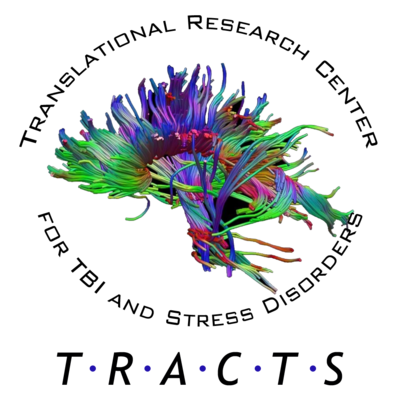Date Published:
JanAbstract:
OBJECTIVE: This study investigated sleep problems and physical pain as moderators of the relationship between PTSD symptoms and aggression among returning veterans. Prior research has demonstrated associations between PTSD symptoms and aggression, but little work has sought to identify moderators of this relationship. Sleep problems and physical pain are both common clinical problems among veterans and have theoretical links to aggression. METHOD: Participants were 103 returning service members and veterans recruited from the greater Boston area and enrolled in the VA Translational Research Center for Traumatic Brain Injury (TBI) and Stress Disorders (TRACTS). Aggression outcomes included physical and psychological intimate partner aggression (IPA), as well as physical and psychological general aggression (GA). Variables were measured via self-report questionnaires, with the exception of PTSD symptoms, which were assessed via clinician interview. RESULTS: Bivariate correlations revealed significant associations between PTSD symptoms, sleep problems, physical pain, and aggression outcomes. Both sleep problems and physical pain significantly moderated the relationship between PTSD symptoms and physical GA, such that this relationship became stronger at higher levels of these moderator variables. However, moderation was not found for the other aggression outcomes. CONCLUSIONS: Findings suggest that sleep problems and physical pain strengthen the relationship between veterans' PTSD symptoms and physical aggression toward others. Although further replication and elucidation is needed, these factors may disinhibit aggression among those at higher risk due to their PTSD symptoms. (PsycINFO Database RecordNotes:
1942-969xLaMotte, Adam DTaft, Casey TWeatherill, Robin PCasement, Melynda DCreech, Suzannah KOrcid: 0000-0002-6582-1673Milberg, William PFortier, Catherine BMcGlinchey, Regina EJournal ArticleResearch Support, U.S. Gov't, Non-P.H.S.United StatesPsychol Trauma. 2017 Jan;9(1):113-116. doi: 10.1037/tra0000178. Epub 2016 Aug 15.